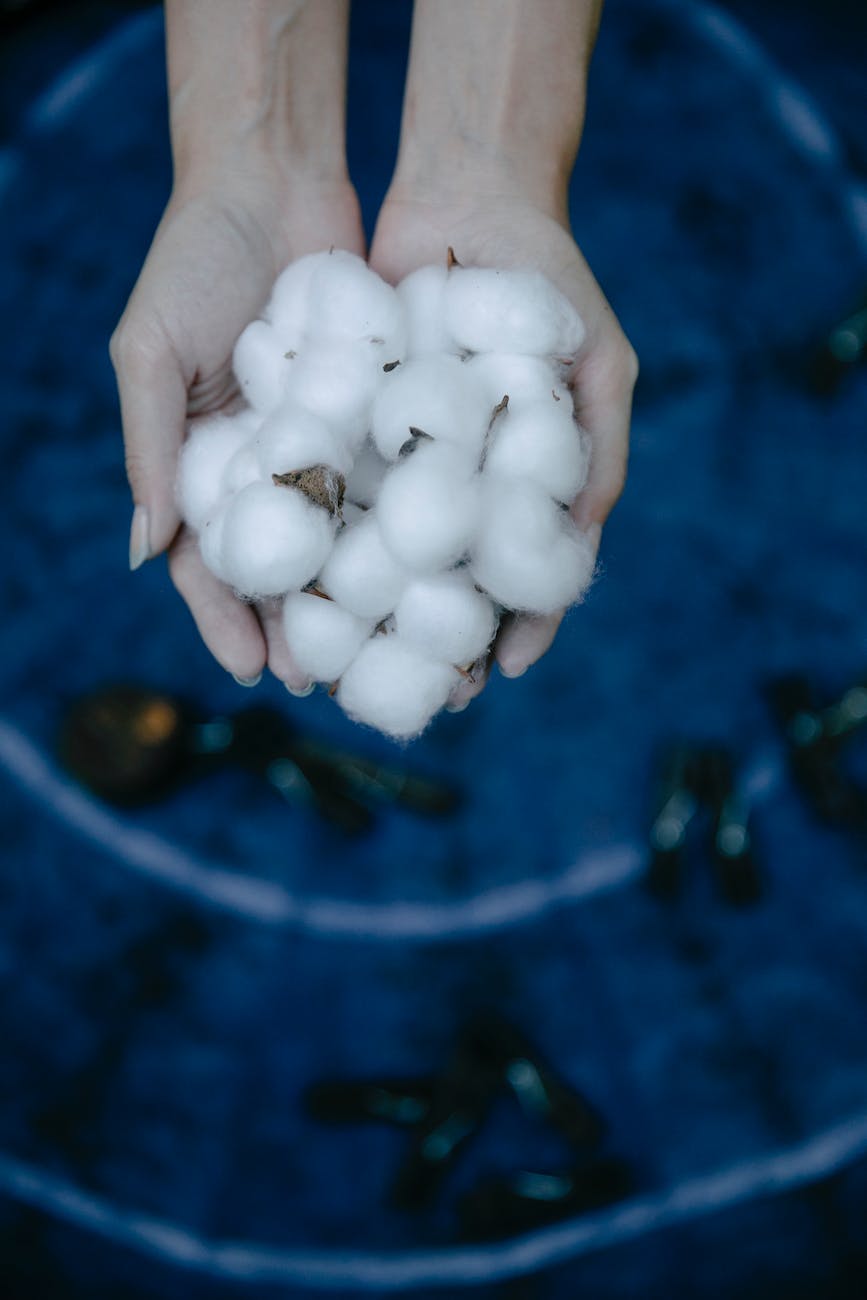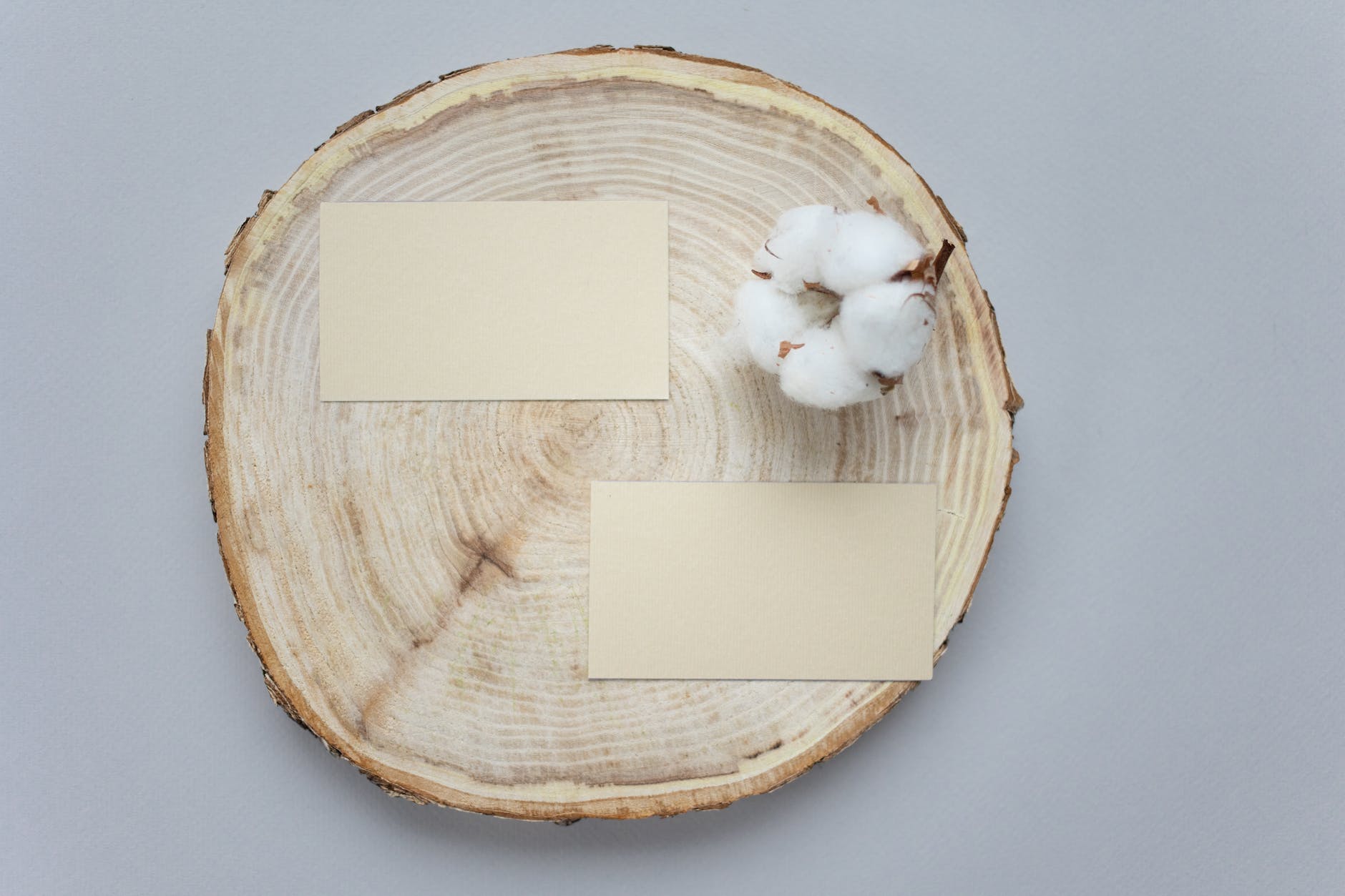Title: Cotton Seeds Variety: Exploring the Diverse Options in India
Introduction: Cotton, one of the most vital crops globally, serves as a major contributor to the Indian agricultural industry. India has a rich history of cotton cultivation, with its warm climate and fertile soil providing ideal conditions for the growth of this versatile crop. The success of cotton farming largely depends on selecting the right variety of cotton seeds. In this blog, we will delve into the world of cotton seeds variety in India, highlighting the significance of choosing the right seeds and exploring the diverse options available to farmers.
Understanding the Importance of Cotton Seeds Variety:
The choice of cotton seeds variety plays a pivotal role in determining the overall productivity and profitability of cotton farming. Farmers need to consider various factors such as climate, soil type, pest resistance, and fiber quality when selecting the appropriate variety. Opting for the right seeds can significantly enhance yield, reduce input costs, and mitigate risks associated with pests and diseases.
Popular Cotton Seeds Varieties in India:
a) Bt Cotton:
Bt cotton, genetically modified to produce a toxin called Bacillus thuringiensis, has been widely adopted in India since its approval in 2002. It offers resistance against the notorious bollworm pest and has revolutionized cotton farming by reducing pesticide usage and increasing yields.

b) Hybrid Cotton:
Hybrid cotton seeds are created through controlled cross-pollination between two genetically different parents. These varieties often exhibit improved traits such as higher yield potential, uniform fiber quality, and enhanced pest resistance. Some popular hybrid cotton seeds in India include DCH-32, JKHY-1, and Ankur-222.
c) Desi Cotton:
Desi cotton refers to the traditional indigenous cotton varieties grown in India. These varieties are known for their ability to withstand adverse climatic conditions, resistance to diseases, and their unique fiber characteristics. Desi cotton seeds are gaining popularity due to their suitability for organic farming and the demand for eco-friendly textiles.
Factors to Consider When Choosing Cotton Seeds Variety:
a) Agro-climatic Zone:
Different cotton varieties thrive in different agro-climatic zones. It is crucial to select a variety that is well-adapted to the local weather conditions, temperature, and rainfall patterns of the region.

b) Pest and Disease Resistance:
Cotton crops are vulnerable to various pests and diseases. Choosing a variety with inherent resistance to prevalent pests like bollworms, aphids, and whiteflies, as well as common diseases such as wilt and leaf curl, can help minimize crop losses and reduce dependence on chemical pesticides.
c) Fiber Quality:
The quality of cotton fiber affects its market value. Farmers should select varieties known for producing long, strong, and fine fibers that are in demand in the textile industry. Factors such as fiber length, strength, and micronaire value should be considered when assessing fiber quality.
d) Yield Potential:
High-yielding cotton varieties can significantly impact farm income. It is essential to choose varieties that have a proven track record of delivering consistent yields and maximizing productivity, considering the local soil conditions and available resources.

Accessing Cotton Seeds Variety:
Farmers can obtain cotton seeds variety from several sources, including government agricultural institutions, private seed companies, and cooperatives. It is advisable to procure certified seeds from reliable sources to ensure authenticity and quality. Engaging with local agricultural extension services can provide valuable guidance on selecting the appropriate varieties for a specific region.
Conclusion: Selecting the right cotton seeds variety is a crucial decision that can determine the success of cotton farming in India. By considering factors such as agro-climatic conditions, pest resistance, fiber quality, and yield potential, farmers can make informed choices and optimize their crop output. With the diverse options available, from Bt cotton to hybrid and desi varieties, farmers have the opportunity to adapt to their specific needs and contribute to the growth of India’s cotton industry.
Remember, making the right choice at the beginning can pave the way for a bountiful and profitable cotton harvest. So, stay informed, consult experts, and embrace the potential of diverse cotton seeds variety for a thriving farming future.




